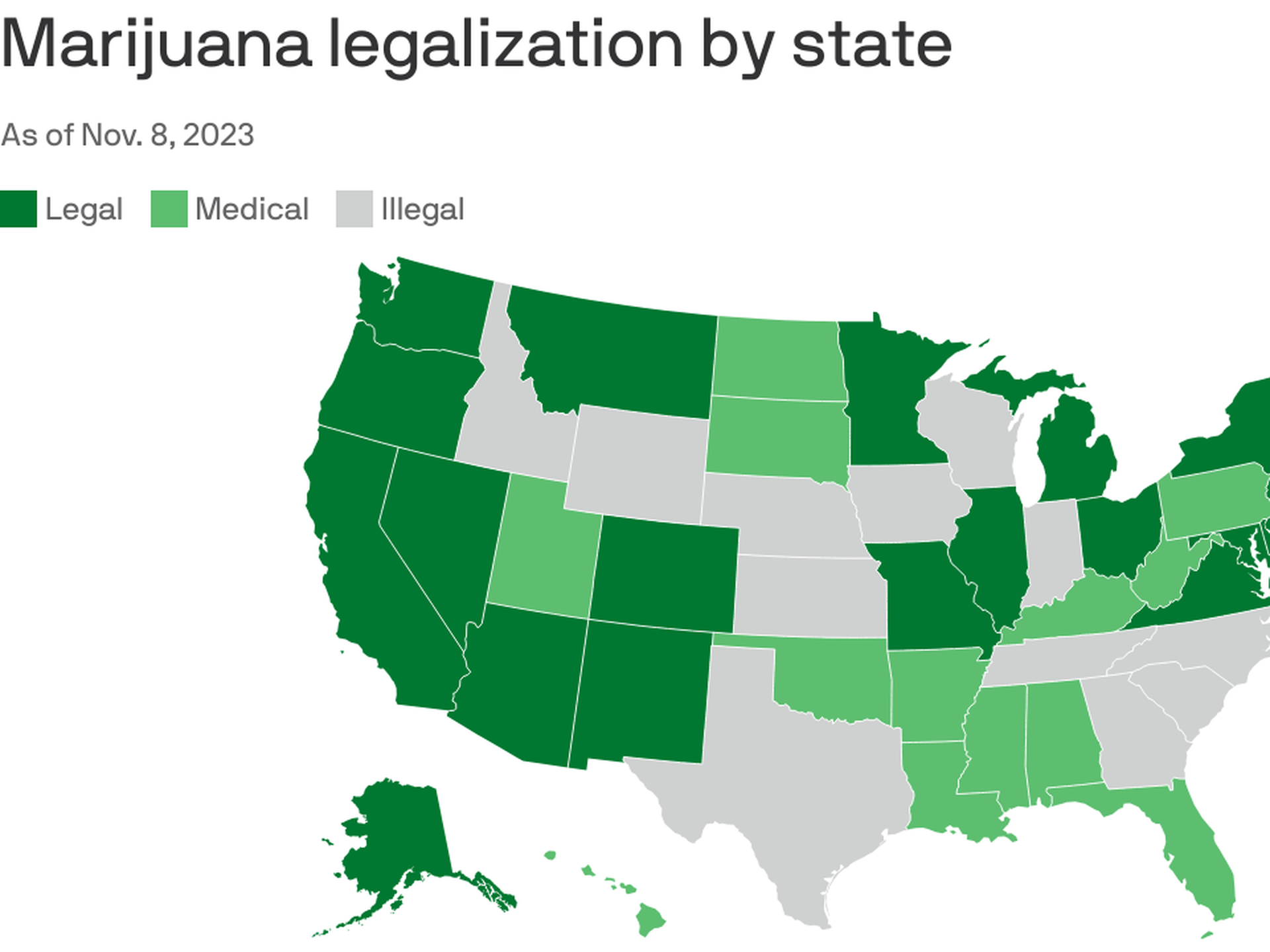| 1. Introduction to Weed Legalization | The landscape of cannabis legalization in the United States is constantly evolving. Once stigmatized and heavily regulated, marijuana is now gaining ground in various states, both for medicinal and recreational use. This article explores the latest developments, historical context, and future implications of weed legalization in the USA. So, grab your favorite snack and let’s dive in! |
| 2. Historical Context | Understanding where we are today requires a look back at how we got here. |
| 2.1 The War on Drugs | The War on Drugs, initiated in the 1980s, targeted marijuana alongside other illicit substances. This campaign not only criminalized cannabis use but also disproportionately affected communities of color, leading to mass incarcerations. |
| 2.2 Shifts in Public Perception | In recent years, public opinion has shifted dramatically. Polls show that a majority of Americans now support legalization, influenced by changing attitudes toward personal freedom, medicinal benefits, and social justice. |
| 3. Current Legal Landscape | The current status of cannabis legality is a patchwork across the country. |
| 3.1 States Where Weed is Fully Legal | As of now, 23 states and Washington D.C. have fully legalized marijuana for recreational use, with places like California and Colorado leading the way. These states serve as examples of successful legalization and regulation. |
| 3.2 Medical vs. Recreational Use | Understanding the https://wygazette.com between medical and recreational use is crucial. While medical marijuana is prescribed for various health conditions, recreational use is more about personal choice. Both paths, however, are crucial in shaping the overall cannabis industry. |
| 4. Recent Legislative Changes | Legislative changes are at the forefront of cannabis news. |
| 4.1 Key Bills and Proposals | Recently, several bills aimed at legalizing cannabis have been proposed at both state and federal levels. These bills address issues ranging from decriminalization to banking for cannabis businesses, showcasing a growing recognition of the need for reform. |
| 4.2 Influential Figures in Legalization Efforts | Politicians, activists, and even celebrities have played roles in pushing legalization efforts forward. Figures like Senator Cory Booker and organizations like the Marijuana Policy Project are essential to this ongoing battle for change. |
| 5. Economic Impact of Legalization | The economic benefits of cannabis legalization cannot be overlooked. |
| 5.1 Tax Revenue Generation | States that have legalized cannabis have seen significant tax revenues, which can be used for public services like education and infrastructure. For instance, Colorado made over $300 million in cannabis tax revenue in a single year! |
| 5.2 Job Creation and Industry Growth | The cannabis industry has become a major job creator, with opportunities ranging from cultivation to retail. This growth has not only provided employment but also stimulated local economies. |
| 6. Social Justice Considerations | Legalization also opens discussions about social justice. |
| 6.1 Impact on Communities of Color | Many argue that legalization must include provisions for communities disproportionately affected by drug laws. Programs focused on social equity are gaining traction, aiming to rectify past injustices. |
| 6.2 Expungement of Records | Expunging records of those previously convicted for marijuana offenses is becoming a critical part of the legalization conversation. This helps individuals reintegrate into society without the burden of a criminal record holding them back. |
| 7. Public Health Perspectives | The public health implications of marijuana legalization are significant and complex. |
| 7.1 Health Risks and Benefits | While cannabis offers medicinal benefits, such as pain relief, it also carries risks, particularly for young users. Understanding these factors is vital as states continue to legalize and regulate cannabis. |
| 7.2 Regulation of Cannabis Products | Proper regulation ensures product safety and quality. Just as with alcohol and tobacco, establishing guidelines for cannabis can protect consumers and reduce potential harms. |
| 8. Looking Ahead: Future Trends | The future of cannabis legalization in the U.S. looks promising but uncertain. As more states consider legalization, the potential for a federal overhaul of cannabis laws grows. Trends like increasing support for research and broader acceptance in mainstream culture are indicators of change. |
| 9. Conclusion | The journey of weed legalization in the USA is far from over. With ongoing legislative efforts, shifting public perceptions, and a focus on social justice, the next few years could see significant changes. As we continue to navigate this complex landscape, it’s essential to stay informed and engaged. Whether you’re a supporter or a skeptic, the conversation about cannabis is one that affects us all. |



